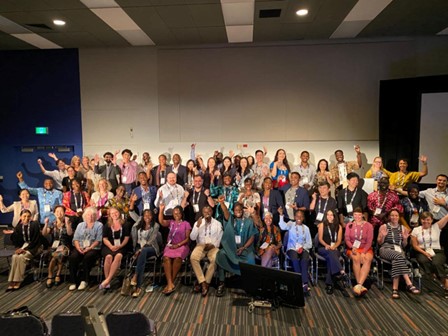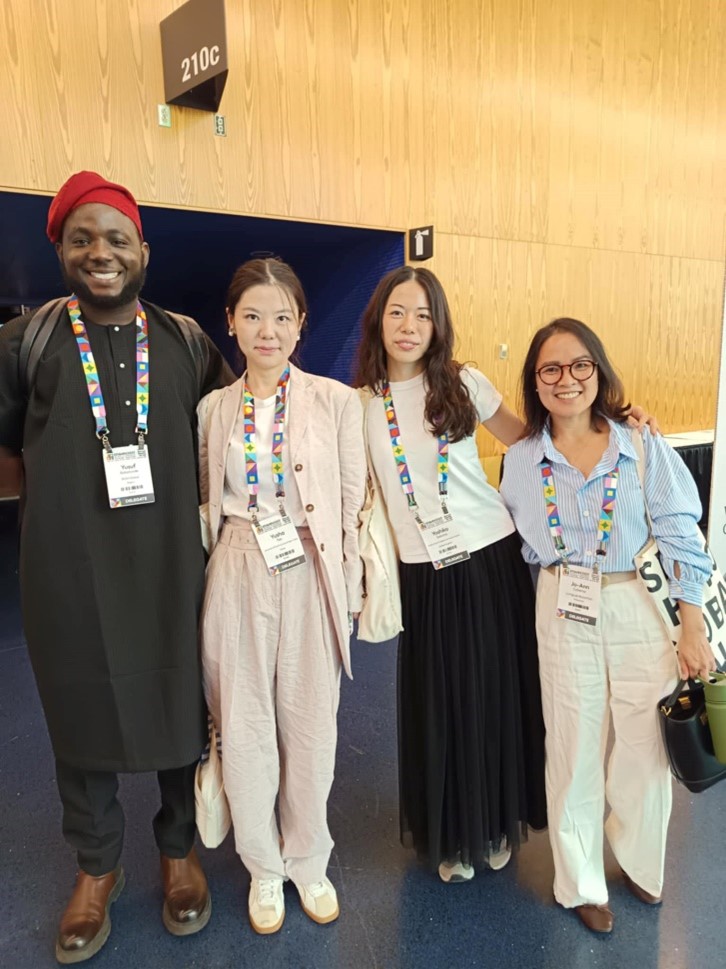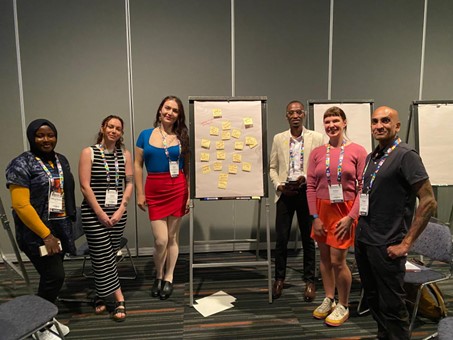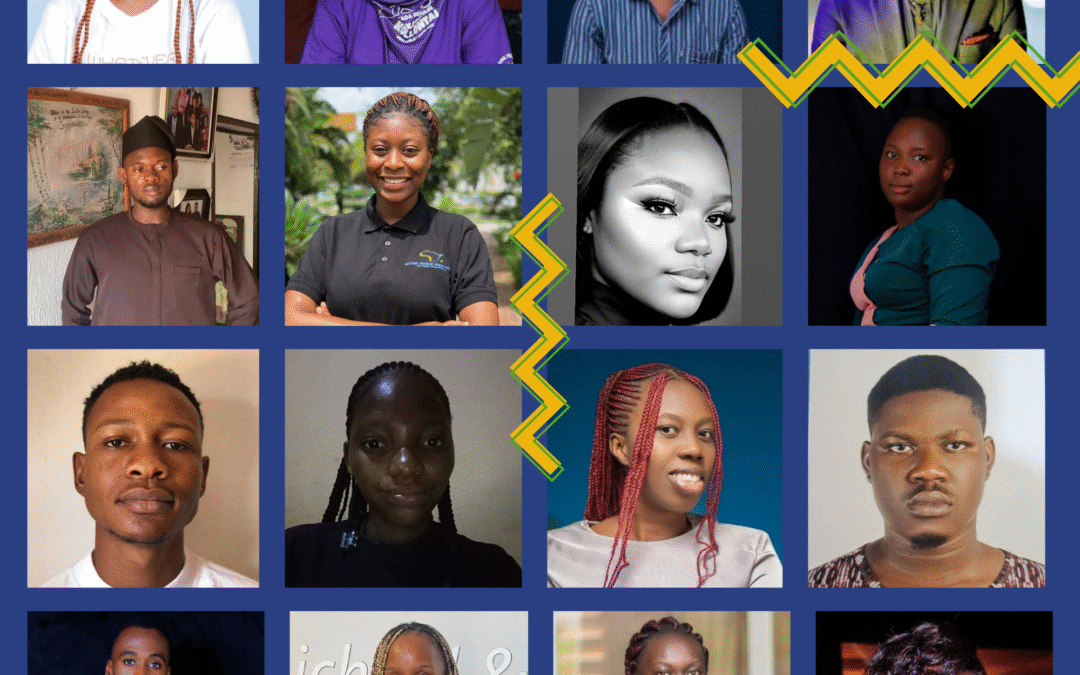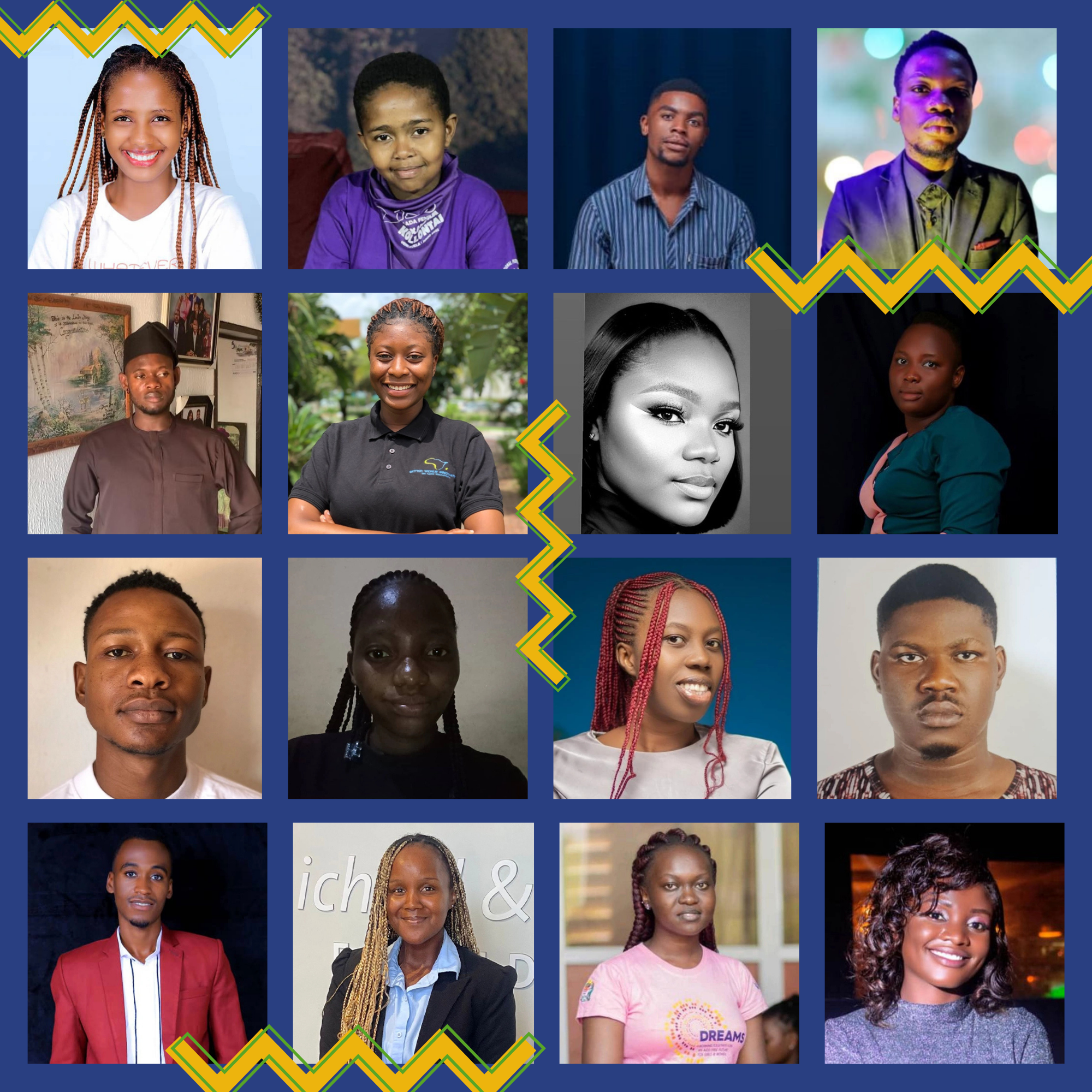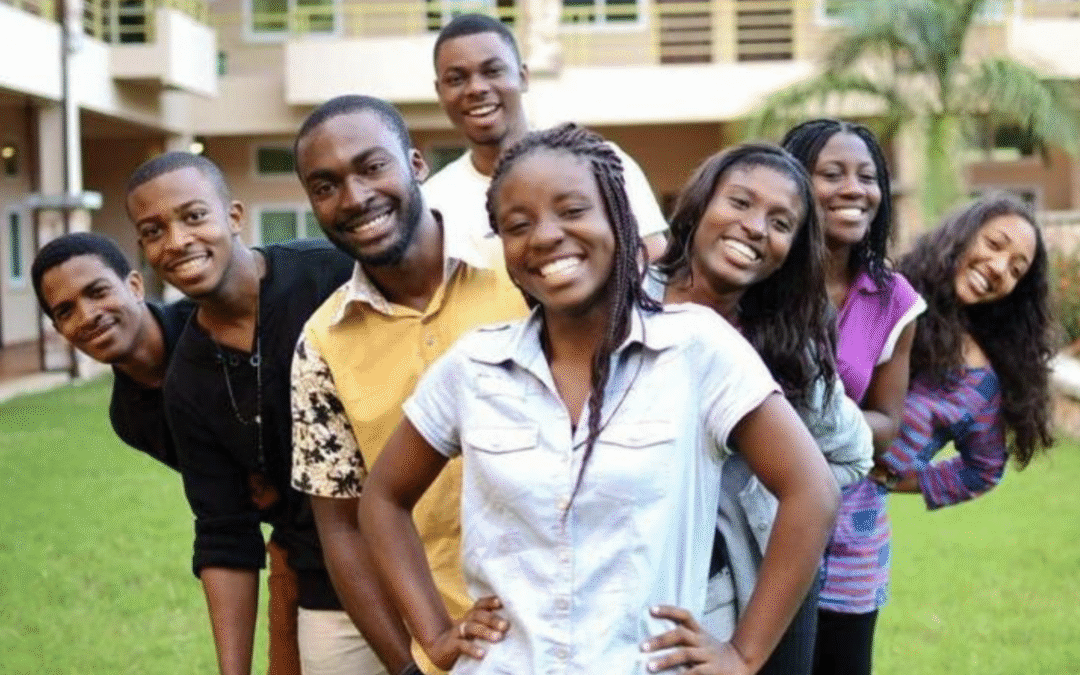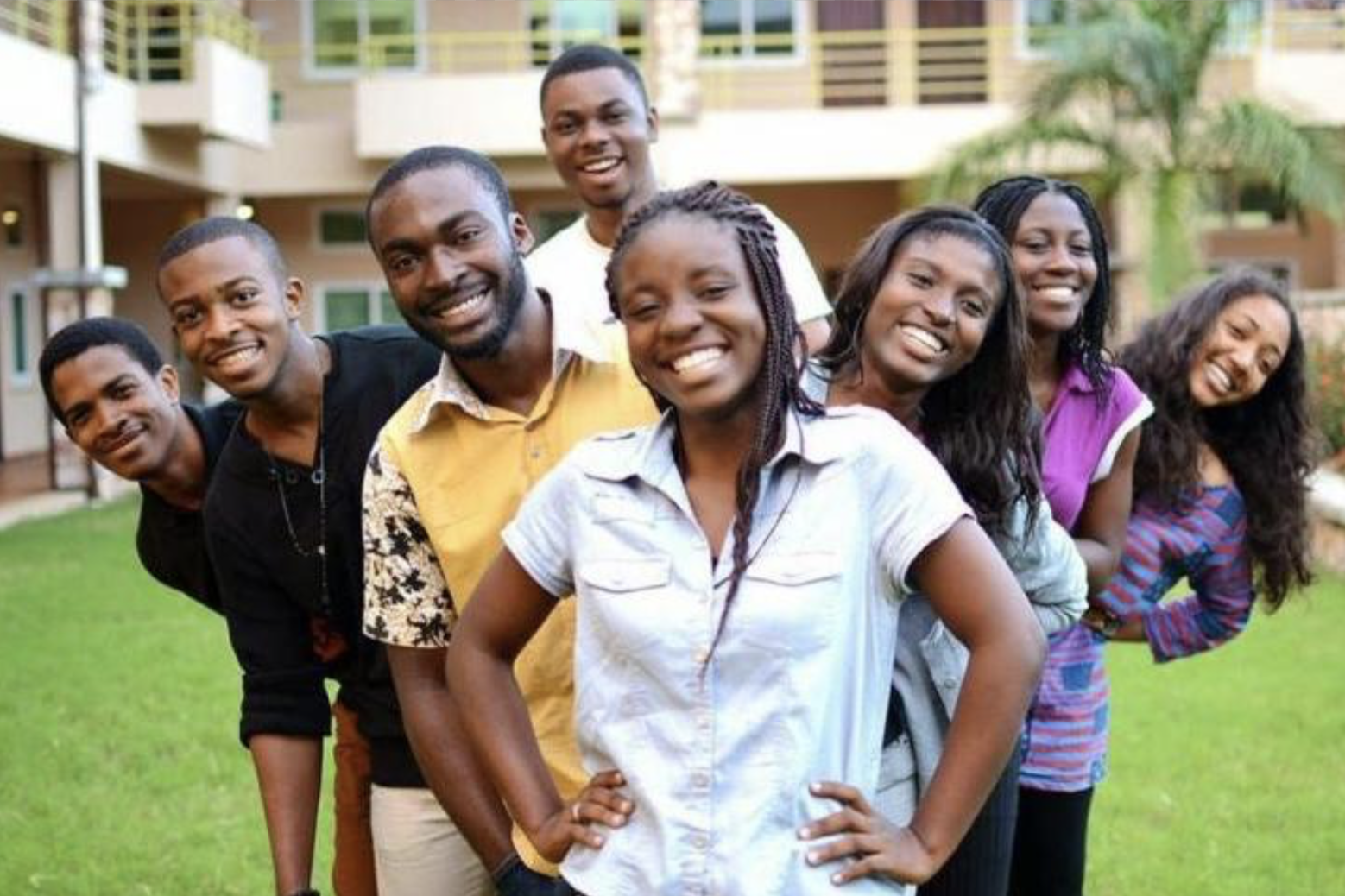
The Unseen Scars: Why Family Rejection Fuels Suicide in Adolescents Living with HIV
Written by: Aishat Adedoyin Koledowo, Co-Chair INSPIRE Youth Advisory Board, S-ITEST, Nigeria
Family should be an unshakeable source of love, safety, and understanding for young people. After all, it provides the foundation upon which they build the resilience needed to face the world’s challenges. Yet, for far too many adolescents, home becomes the first place of rejection.
Although these issues don’t often make headlines, abuse and stigmatization within families can drive suicidal thoughts and actions among young people with HIV. While society often points fingers at generic causes like “peer pressure” or “mental weakness,” we rarely discuss the invisible crisis unfolding behind closed doors: the isolation, the relentless verbal attacks, abuse and the constant reminder of being “different” and “useless” delivered by the people meant to protect them.

The Silent Abuse: What Stigma Sounds Like at Home
Stigma from family members is rarely a single, overt act; instead, it’s a slow-acting poison that manifests as emotional neglect, physical distancing, and cruel language, creating a deep wound of exclusion. This rejection is often rooted in fear and misinformation about HIV transmission, leading to subtle but devastating microaggressions that establish physical and emotional distance, such as a family member pulling back and instructing: “Don’t share cups with me. You need your own plate. Don’t use this! Don’t use that!” Stigma often escalates into emotional abuse that harms the adolescent’s self-esteem and future hopes, cutting deepest because it comes from a primary caregiver. It may sound like: “You are a useless child. You will never amount to anything, and this is your punishment,” or the harsh accusation of bringing shame upon the family. An adolescent, still navigating their emotional development and identity, internalizes this consistent rejection as absolute confirmation that “I am unworthy of love.”
The Breaking Point: From Stigma to Suicidal Thought
Adolescents living with HIV already manage complex challenges, including a strict medication schedule, potential body changes, and the ever-present fear of disclosure. When these difficulties are relentlessly compounded by family rejection or abuse including physical violence, harsh punishments, or deliberate social isolation to “protect the family image” their emotional resilience shatters. These experiences are direct fuel for depression, which is the single biggest predictor of suicide. Without a foundation of emotional support, young people internalize the shame until it morphs into profound hopelessness. Their inner dialogue, once focused on coping, becomes riddled with crushing anxiety and self-doubt, leading to desperate questions like, “how will I ever tell my partner about this when my own mother won’t touch me?” and, “will I ever be able to be someone important in life, or am I just a burden?” This progression of shame and withdrawal fuels suicidal ideation and a feeling that “I just want to end it all”. The tragedy is that these young people are not succumbing to the virus; they are tragically succumbing to the condemnation that has replaced the compassion they desperately need.
Stories Behind the Silent Statistics
Behind every statistic detailing youth suicide and HIV, there is a devastating, preventable story. Consider the case of a teenage girl who stopped taking her essential ARV medication simply because her mother would only communicate with her via notes, labeling her “a disgrace.” In this scenario, the fear of confrontation and rejection became a greater threat than the disease itself. There was also a boy who attempted suicide after being severely beaten for simply disclosing his status to a trusted teacher, believing he had ruined his family’s reputation forever. These are not isolated incidents; they represent countless silent battles occurring in homes worldwide where fear, often fueled by profound misinformation, tragically trumps basic human empathy and a child’s fundamental right to safety and acceptance.
A Call for Compassion
When stigma begins at home, the process of healing must also begin there. Families and communities possess the power to save lives by fundamentally changing their response from one of fear to one based on facts, and from one of shame to one of unwavering support. This begins with education, recognizing that HIV is a manageable, chronic condition, and proactively debunking myths, such as the idea that sharing cups transmits the virus. Crucially, it demands unconditional love, as research has confirmed that just one supportive adult can drastically reduce the risk of suicide among vulnerable youth. Promoting open conversations is vital, ensuring adolescents have safe spaces to ask their biggest, scariest questions about their future, relationships, and identity without the fear of judgment. For families struggling to cope, seeking professional help through counseling may help them to process the diagnosis and rebuild trust. Ultimately, governments and NGOs must recognize this link by integrating robust, accessible mental health services directly into adolescent HIV care programs, ensuring the treatment of the mind is prioritized as much as the treatment of the body.
Choose Compassion, Save Lives
Adolescents living with HIV do not need pity; they need understanding, respect, and unconditional love. When families make the courageous choice of compassion over shame, they do far more than just save a relationship they save a life. It is incumbent upon all of us to recognize the silent crisis of family stigmatization and play our part in ending the suicides it tragically fuels. If you know an adolescent living with HIV, be the reason they feel seen and valued—not ashamed and alone. We must collectively speak up against family stigma and start the necessary conversation today.

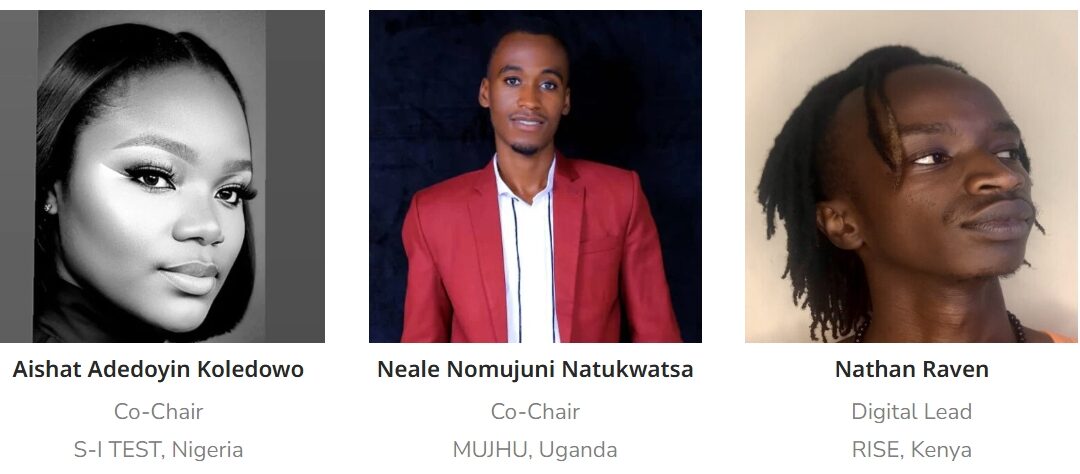
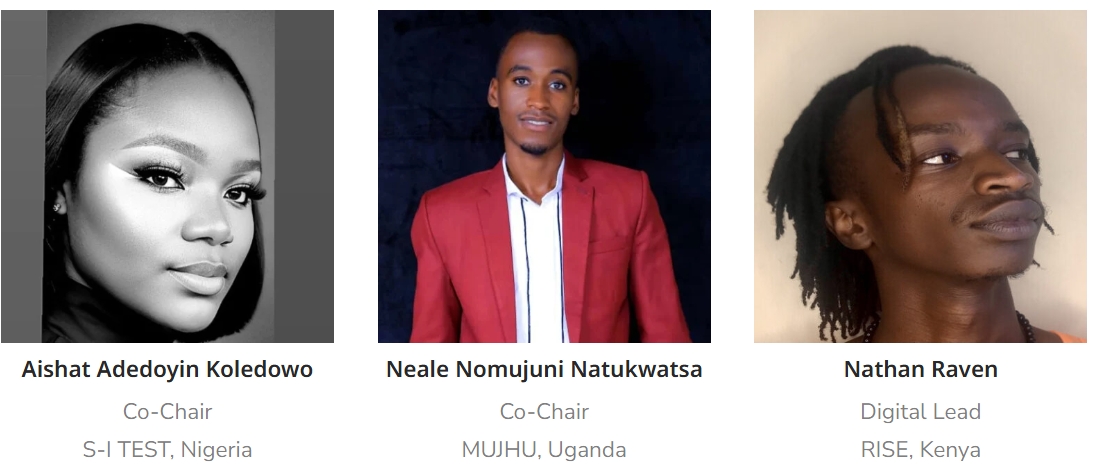
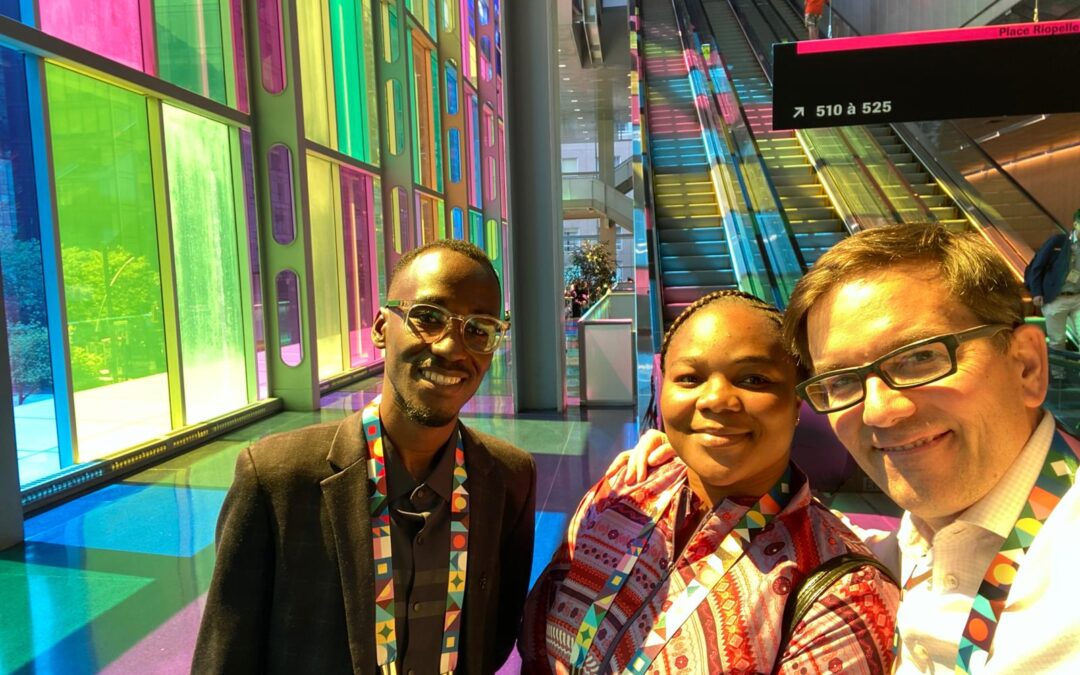
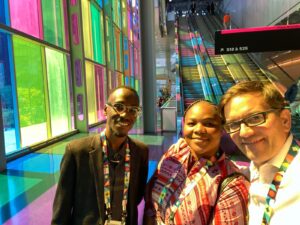 A youth advisory board (YAB) is a structured group of young people who provide their perspectives, insights, and recommendations to organizations, research initiatives, or government bodies. YABs are often part of NGOs, public health and research projects, helping to shape programs and policies that affect youth by ensuring their voices are meaningfully included in decision-making. Members typically range in age from 15 to 24, though this can vary.
A youth advisory board (YAB) is a structured group of young people who provide their perspectives, insights, and recommendations to organizations, research initiatives, or government bodies. YABs are often part of NGOs, public health and research projects, helping to shape programs and policies that affect youth by ensuring their voices are meaningfully included in decision-making. Members typically range in age from 15 to 24, though this can vary. 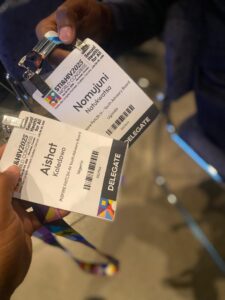
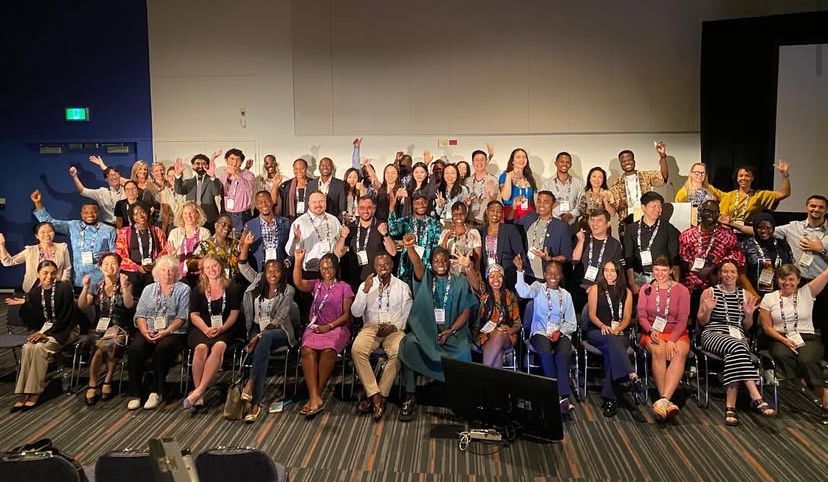
 S-I TEST, Nigeria
S-I TEST, Nigeria
 ZAIMARA, Zambia
ZAIMARA, Zambia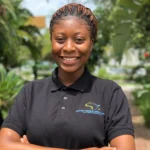
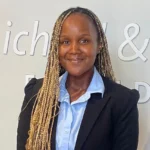 ATTUNE, South Africa
ATTUNE, South Africa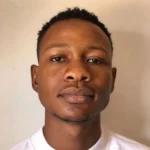 S-I TEST, Nigeria
S-I TEST, Nigeria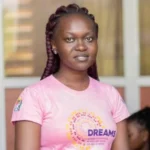 MWOTAJI, Tanzania
MWOTAJI, Tanzania VS4A, Malawi
VS4A, Malawi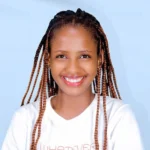 MWOTAJI, Tanzania
MWOTAJI, Tanzania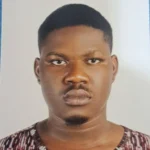
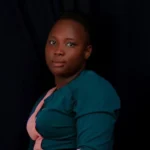 MUJHU, Uganda
MUJHU, Uganda VS4A, Malawi
VS4A, Malawi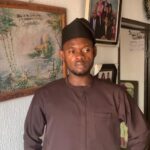 iCARE Plus, Nigeria
iCARE Plus, Nigeria iCARE Plus, Nigeria
iCARE Plus, Nigeria RISE, Nigeria
RISE, Nigeria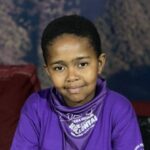 ATTUNE, South Africa
ATTUNE, South Africa